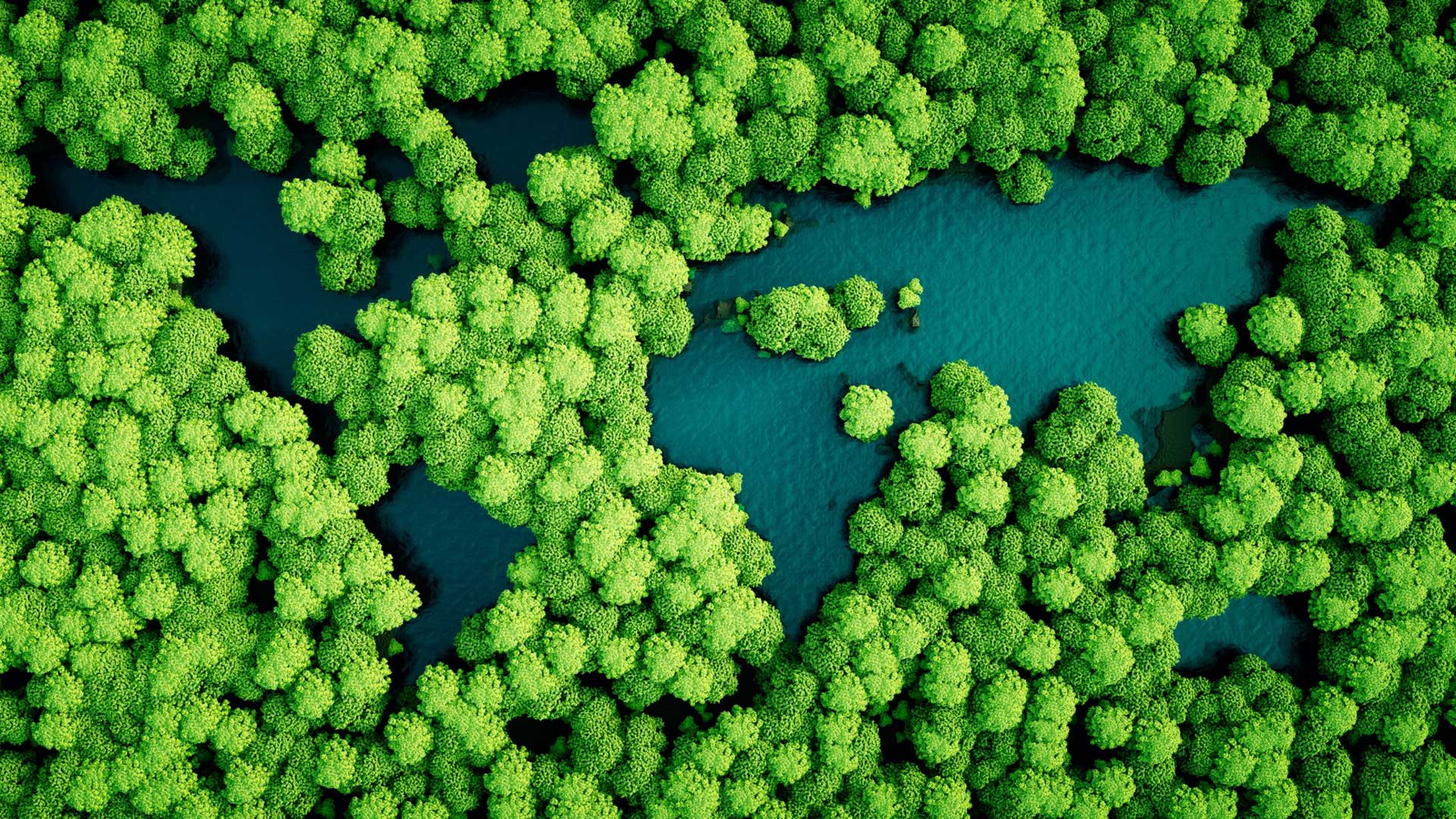In some ways we can think of them as increasing levels of ‘tourism for good’.
Let’s first take a step back to understand what isn’t good about tourism.
The way the mainstream travel sector developed didn’t generally consider the impact of tourism on local people or places. External parties decided to market a place’s attractions, only considering consumer demands and what they wanted, not the local hosts who see few, if any, benefits.
People come for a place’s unique culture, landscapes, flora and fauna, but in doing so it can degrade, leaving the reasons people came to visit no longer the same or destroyed. A place becomes a product, literally ‘consumed’ like other products.
Benidorm for example grew from a sleepy fishing village of 3,000 people in the 1960s to a destination of more than 300 skyscrapers, the town an invaluable example of tourism (over-) development.
Local people bear ‘the invisible burden’ of tourism in their homes: volume and type of tourists add pressures on environments, resources such as water and public services, noise, pollution, cultural disrespect, price inflation, housing stock issues. We’ve seen it in recent years even with the rise of home rentals, bought up for profiteering by out-of-towners, pushing up prices and out real residents and with them the soul of a place.
Even economically, external parties mean often 80% of the price consumers pay never reaches the host destination people and places but stays as ‘economic leakage’ in the originating outbound markets. We see this with the big travel organisations including online travel agency sites: through their scale they can monopolise and exploit suppliers and diminish any margins.
‘Responsible tourism’ was thus coined in 2002 in South Africa - the first government to institute it in its government policy – ‘to make better places to live in and better places to visit’: Note the local people and places come first, which also makes better quality destinations for tourists.
It means taking responsibility for tourism, the choices stakeholders make in sector supply chain businesses, and the impacts that are created. Only by being aware of impacts and bringing them into consciousness can we work to address them.
Where responsible tourism is the journey, sustainable tourism in the destination.
Sustainable tourism is defined by The United Nations World Tourism Organisation (UNWTO) as,
"Tourism that takes full account of its current and future economic, social and environmental impacts, addressing the needs of visitors, the industry, the environment and host communities."
It’s important to ‘take full account’ i.e. Account, including in numbers, measuring and monitoring tourism’s impacts, whatever they are, but it’s challenging. Jobs, income, carbon, investment or species may be quantifiable though difficult to separate or apportion to tourism, and how do we measure cultural preservation?
Ecotourism is another name you might come across. Basically that’s nature-based sustainable tourism. It’s not all sustainable tourism, only that in nature, and it’s not all nature-based tourism, because done unsustainably, that can be very damaging too.
There is also tourism for sustainable development. This doesn’t just mean at minimising negative impacts to maintain a status quo infinite possibility, but actually creating sustainable positive impacts such as contribute to the UN sustainable development goals through the vehicle of tourism, for example how tourism can support local community health, education, infrastructure, conservation etc.
This is the basis of what we do at Earth-Changers.com – although we also look beyond this to ‘regenerative tourism’.
Regenerative tourismnot only helps regenerate places and their people, but sees the world as a living dynamic ecosystem, with complex inter-dependencies, not a static machine. It’s a different systems approach because if we do the same things (tourism systems to date), we get the same results (damage).
So we look to dynamic regenerative processes to change the previous systems and create the conditions for life, people and places to continuously renew themselves – through tourism - and flourish amid ever-changing conditions (Hutchins and Storm, 2019).
Read more about sustainable tourism for development here: https://www.earth-changers.com/blog/iy2017-international-year-of-sustainable-tourism-for-development
About Earth Changers
We want to change the world through tourism.
We’re a curated collection of sustainable, regenerative accommodations and tour companies who use the power of tourism as a vehicle for sustainable development.
We feature life-changing places with world-changing people for extraordinary experiences with purpose, to help customers find and book trips that change the world.
We research, discern and curate partners based on impact, and connect you to them so your money and logistics empower directly in the destination (disclosure: they pay us a finder’s fee). You’ll also get a free sustainability extra for booking through us!
With some, you’ll just have an amazing holiday, safe in the knowledge you are contributing to true sustainable tourism; others might offer a behind the scenes tour, others still get more hands on helping, to experience the difference of sustainable development in action.
It’s challenging for holiday-makers to discern sustainable tourism - it’s not one thing and it’s an intangible service, much often behind the scenes, and very time-consuming.
This is where we step in to guide where not many other people can.
Whether for personal trips, or corporate retreats, we have a little black book of amazing sustainable places. What better place to relax, get active, learn or talk about sustainability or corporate responsibility than a sustainable reserve, lodge or with social enterprise tours?
Founder Vicky’s been in sustainable tourism since the mid 00s and knows it end-to-end: hundreds of places all over the world, sadly not on the site yet because Covid shut down tourism trade for 2 years, but anyone is welcome to get in touch and ask for other destinations!
Do follow and connect for more info:
www.facebook.com/earthchangers.travel

